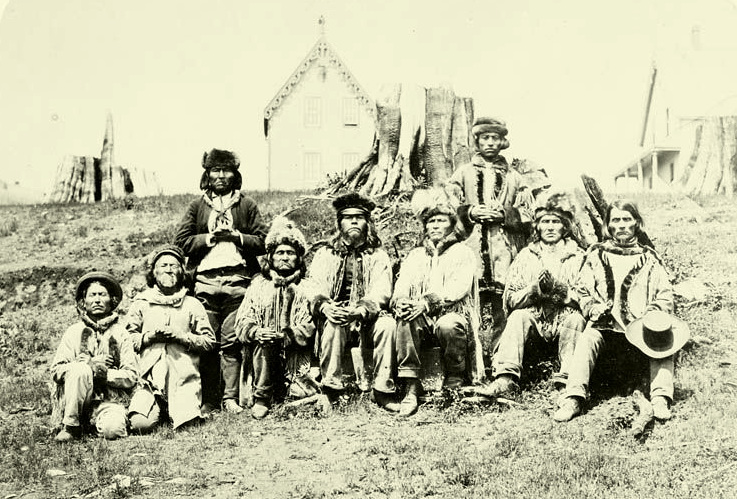Our dirty secret is in the attic no longer
Let’s say you find a diary in the attic that reveals your father was a killer. His fortune, which you inherited, was stolen from his victims, whose children are still alive.
For a lifelong Saskatchewanian whose ancestors immigrated to this province in its early days, reading James Daschuk’s Clearing the Plains: Disease, Politics of Starvation, and the Loss of Aboriginal Life is like finding that diary. We knew in a general way that the indigenous people of this province were mistreated; now Daschuk’s painstaking research fills in the province’s ugly backstory with awful detail, down to the level of communities and families we may know.
Essentially, the book is an account of the diseases that swept the Canadian plains from the point of European contact at the end of the 17th century to the imposition of the reserve system at the end of the 19th.
The early fur trade connected the indigenous plains people to the modern world system and for some time the First Nations maintained a lucrative position on the periphery of the world economy. But the fur trade also brought waves of “virgin soil epidemics” that decimated whole communities. The environmental impact resulting from the trade – all to supply Europeans with fur hats – was similarly destructive, progressively
wiping out the fur-bearers in whole regions in a matter of decades. The heavy demand for meat from both the trappers and traders also wiped out the big game, leaving people hungry and more susceptible to disease.
By the early 1800s, the fur trade had soured to the point that, as one participant put it, it “almost totally abolished every humane sentiment in both Christian and Indian breast.” Still, the switch from furs to agriculture in the 19th century effectively cut the indigenous people from the world economy just as European settlers arrived to farm the West. Meanwhile, the collapse of the bison population due to overhunting, largely to supply leather for industries in the East, destroyed the traditional economy of the plains people and ushered in the near elimination of native prairie ecosystems.
Here the story becomes extremely disturbing. The Hudson’s Bay Company, though hardly benevolent, at least made sporadic efforts to control diseases through quarantine and vaccination, enacted conservation policies and controlled the trade in alcohol.
Canada, which took control of the North West in 1870, was overtly hostile to the First Nations and enacted what can only be called a policy of genocide. The government made a mockery of treaties that promised food and other supports to help in the transition from bison hunting to agriculture. John A. Macdonald’s Conservative government starved the people and thousands died. Thousands more suffered from TB brought on by malnutrition. Corrupt and malicious government agents held back food meant for the First Nations until it spoiled, sickening and killing hundreds more. Top officials were in the pay of unethical American companies that profited from government food contracts. The prime minister described the government’s position on the cost of relief: “We cannot allow them to die for want of food … We are doing all we can, by refusing food until the Indians are on the verge of starvation, to reduce the expense.”
After first beggaring the people, government blamed them for begging. Illness was attributed to weak constitutions, yet bone studies have found that, prior to colonization, the plains people were the tallest and healthiest in the world.
Daschuk points out that the Dakotas and northern bands did better without government “assistance.” For the Crees and Saulteaux living on reserves, the situation went from bad to worse. Attempts to feed themselves through farming were thwarted by draconian policies that effectively imprisoned band members on reserves and restricted sales of farm products. Brutal Indian agents were the norm and sexual predation was common.
In all this we see the roots of the problems facing First Nations even today.
As Candice Savage comments on the dust jacket, Clearing the Plains should be “required reading for all Canadians.”
But what do we do with the bitter truth it contains? We can’t undo what was done, but we can make sure the treaties to which we are still party are honoured today.

